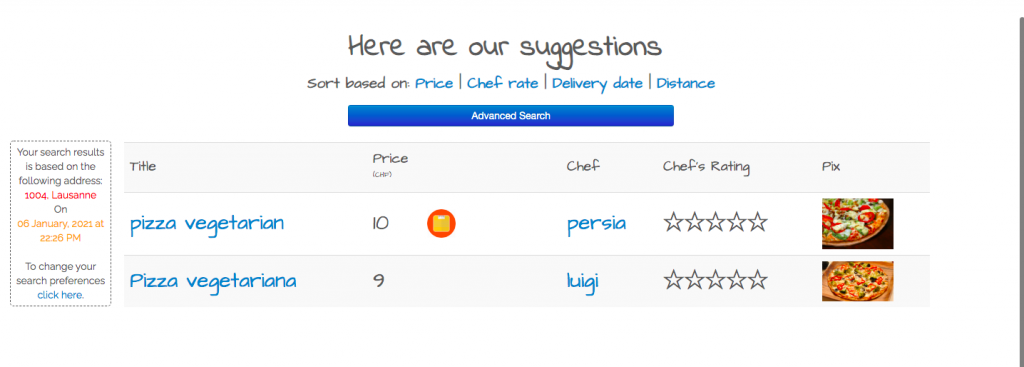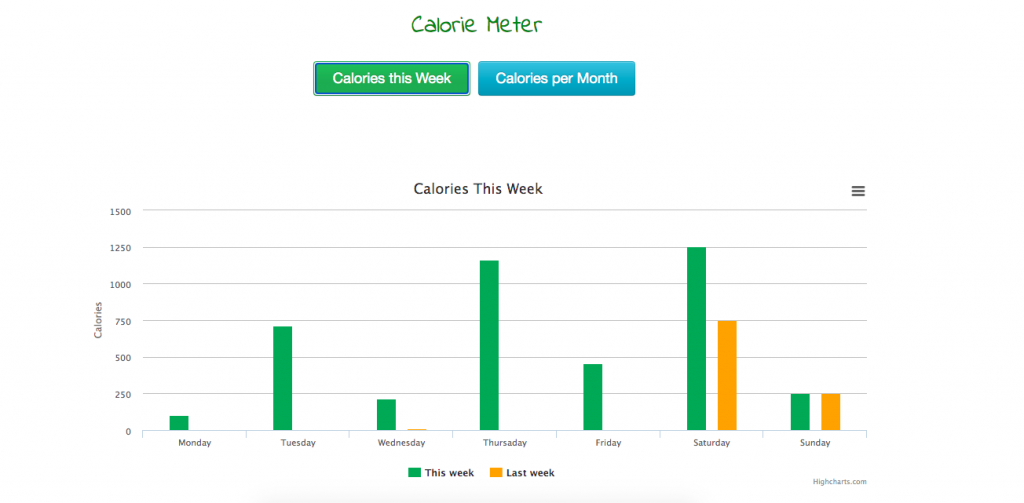Back in 2013, there was a period that both my wife and I had to meet multiple deadlines for conferences, journals and research grant applications. As a result, we had to stay very late at the university campus and order dinner from various restaurants in the vicinity.
The problem was that the options we could choose were quite limited, mostly pizza, pasta or Turkish kebab. Now I love all that (especially pizza!), but there was a moment that I wished for more options to choose from, especially some home-cooked Iranian dishes.
A friend of mine shared the same pain and we thought what if there was a marketplace for home-cooked dishes, where people could cook at home and sell their homemade meals. Not only it provides the customers with more wonderful options to choose from, but it also could provide the family with a side revenue. This side revenue could also go a long way in improving the life quality of certain family types, e.g. single mothers.
So we decided to launch this idea. Given our backgrounds in tech and knowing almost nothing from the business side, we thought that the first and most important step is to have our own website (which now I know that it is not).
We thought that the first and most important step is to have our own website…
which of course wasn’t the case.
Since we were also not web-developers, we looked for help and got some quotes on the cost to develop a minimal version of our website. Even the cheapest quote was beyond our budget at the time. So we decided to start learning web-development, thinking that even if our business idea failed, the skill of developing websites could become handy someday, and boy it did!
We followed the absolutely brilliant course “CS253 Web Application Engineering“, taught by Steve Huffman, Cofunder of Reddit and Hipmunk, on Udacity (unfortunately, the course seems to be discontinued on Udacity, but the videos are available at YouTube).
We learned fundamentals of basically everything we needed to launch our MVP, and we did! The website is actually still up and running here. Although it wasn’t the prettiest and most user-friendly website, even by 2013 standard, but it had all the necessary steps to signup, browse list of dishes, select the dish, and pay via PayPal. It also came with a Calorie-meter to promote a healthier life style!


We also planned to do the delivery ourselves in the beginning. We also made a trial run by promoting our website in a small ceremony held after the PhD defense of one of our friends. So everything seemed on the track for the launch, which unfortunately never happened.
There were multiple factors contributing to us not even trying to launch the idea, even after so much effort to develop the website and all, but I think the main three were these:
- Fear of possible legal consequences: we were a bit unsure about the scope of our responsibility as platform owners when selling a dish prepared by a chef to a customer. Basically, we didn’t know what would happen if someone got food-poisoning from one the dishes sold on our platform: is the main responsible party the buyer, the chef or us. Talking to business consultants didn’t help either, as they were a bit unsure themselves, especially since gig-working was a bit new around that time in Switzerland.
- Not having sorted the logistics part completely: as I mentioned, we planned to do the delivery in early stages ourselves, i.e. with our cars and after our work. But we did not have a clear solution for what would happen at scale (and services like UberEats weren’t available back then, at least in Switzerland).
- Having other priorities: at the time, all of us were senior PhD students. So we our main priority was doing our research, sort out our thesis and complete the PhD program (rightly so in my opinion). This didn’t help with launching a new risky business.
Although Cooked@Home was never launched, the web-development skills that I learned, shaped (at least) the following 7 years of my career and my life.
So in the end, Cooked@Home was never officially launched. Hoever, the web-development skills that I learned, basically shaped (at least) the following 7 years of my career and helped me contribute to the other two startups, Achareh and Ubaar, that were successfully launched later on.
Be First to Comment